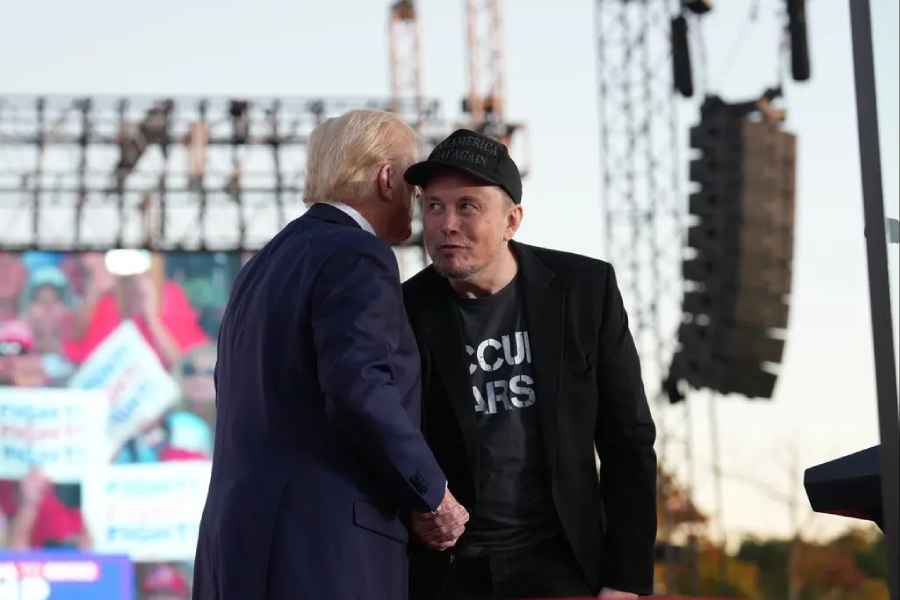Donald Trump stunned the world with his remarkable comeback win in the United States of America presidential election on November 5. Now, he is shaking up Washington and the global corridors of power with a series of unconventional appointments to key positions in his incoming administration. Some of those picks appear to follow a pattern. The nominees for secretary of state, Marco Rubio; secretary of defence, Pete Hegseth; chief of the Central Intelligence Agency, John Ratcliffe; national security advisor, Michael Waltz; United Nations ambassador, Elise Stefanik; and director of national intelligence, Tulsi Gabbard, are all China hawks who view Beijing as Washington's primary strategic rival that must be kept in check. But Mr Trump has also appointed Elon Musk, the world's richest man and a close ally, to head a body to improve government efficiency. Mr Musk, the owner of Tesla and X among other prominent firms, has long enjoyed a cosy relationship with China. While many of these appointees also advocate for a muscular approach towards Iran, Ms Gabbard has in the past advocated for greater restraint in Washington's behaviour with Tehran. She has secretly met the Syrian president, Bashar al-Assad, at a time when the US establishment had otherwise labelled him, in effect, a war criminal.
More broadly, Mr Trump's team has figures such as Mr Rubio who have traditionally been aligned with the interventionist wing of the Republican Party, keen on the US playing global policeman, including through foreign wars. Yet, some of the other appointees, such as Ms Gabbard and Vivek Ramaswamy, who will co-lead the government efficiency department, are isolationists who believe that the US has given too much arms and funds to Ukraine for its war on Russia. Meanwhile, the appointment of Mr Trump's loyalist, Matt Gaetz, as attorney-general has sparked fears that the new administration might pursue retribution against those who prosecuted legal cases against the president-elect. And in Robert F. Kennedy Jr, Mr Trump has chosen a health secretary who has peddled dangerous anti-vaccine conspiracy theories and pseudoscience. The only common thread tying these appointments is the disruption they promise to bring. Already, Mr Trump has publicly said that he plans a witch-hunt against bureaucrats in the department of justice and in America's intelligence agencies whom he has accused of corruption and of bias against him. With his appointments, he has thrown a flame at the very government he will lead. And the fire has started.











